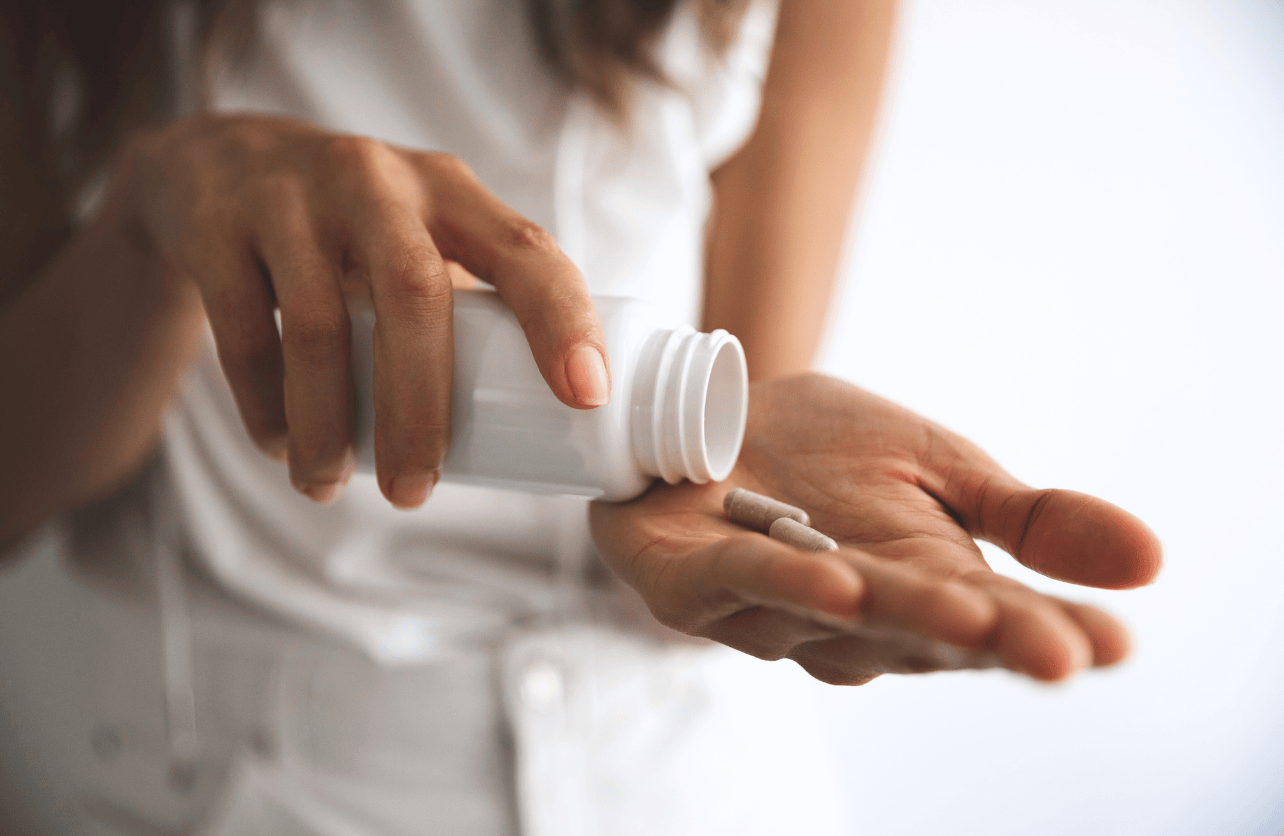Do Nootropics Help with ADHD? Here’s What You Should Know

Managing ADHD is often a complex process. While prescription medications like Adderall and Ritalin are the most common and well-established treatments, the conversation around cognitive enhancers—or nootropics—has expanded. From supplements found in health stores to pharmaceutical-grade drugs, nootropics are being marketed as tools to improve focus, memory, and mental clarity. But do they actually help with ADHD?
The answer isn’t entirely straightforward. Some nootropics have proven benefits, while others remain in the gray area, backed by limited evidence. Let’s break down what’s known and what’s still up for debate.
Prescription Nootropics: The Heavy Hitters
When most people hear “nootropics,” they often think of over-the-counter supplements, but technically, some of the most effective ADHD treatments fall under the nootropic umbrella. Prescription stimulant medications like methylphenidate (Ritalin) and amphetamines (Adderall) are classic examples. These drugs work by increasing the levels of dopamine and norepinephrine in the brain, which helps improve focus, attention span, and impulse control—core challenges faced by those with ADHD.
These prescription medications are considered first-line treatments for ADHD and have decades of research supporting their efficacy. For many individuals, they offer significant relief from symptoms and enable better day-to-day functioning. However, because they are controlled substances, they come with potential side effects, such as increased heart rate, insomnia, and appetite suppression. That’s why they’re prescribed and monitored by healthcare professionals.
Another lesser-known prescription nootropic is modafinil. Originally developed for sleep disorders like narcolepsy, modafinil has also been explored as an off-label treatment for ADHD. Some studies suggest it can improve focus, alertness, and executive function. However, modafinil hasn’t received universal approval for ADHD treatment, and research on its long-term safety and effectiveness in this context is still ongoing.
Over-the-Counter Nootropics: What’s the Deal?
Beyond prescription options, there’s a growing market for over-the-counter (OTC) nootropics—think caffeine pills, herbal supplements, and amino acids. These products are often touted as natural alternatives to traditional ADHD medication, but their efficacy is a mixed bag.
Caffeine is probably the most widely used OTC stimulant. It temporarily boosts alertness and focus by blocking adenosine receptors in the brain. While it may offer short bursts of improved attention, its effects are fleeting, and too much can trigger anxiety, jitteriness, and disrupted sleep—all factors that can actually worsen ADHD symptoms in the long run.
L-Tyrosine is another popular supplement, known as a precursor to dopamine, one of the key neurotransmitters involved in focus and motivation. The theory is that increasing dopamine availability may help support cognitive function, particularly under stress. However, clinical research specifically evaluating L-tyrosine’s effects on ADHD symptoms is limited. Some users report benefits, but results aren’t consistent enough to recommend it as a stand-alone treatment.
Then there are herbal options like Bacopa Monnieri and Ginkgo Biloba. Bacopa has long been used in Ayurvedic medicine to enhance memory and cognitive performance, while Ginkgo is thought to improve blood flow to the brain, potentially aiding mental clarity. Though a handful of small studies suggest these herbs may offer mild cognitive benefits, the evidence supporting their role in ADHD management is far from conclusive.
Proceeding with Caution
It’s tempting to gravitate toward natural or non-prescription nootropics in hopes of finding a safer, side-effect-free solution. However, there’s an important caveat: over-the-counter nootropics are not regulated in the same rigorous way as prescription medications. This means you can’t always guarantee their quality, potency, or safety. Moreover, many OTC supplements interact with other medications or have potential side effects of their own.
Even when considering non-prescription options, it’s best to consult with a healthcare provider. They can help you assess whether a particular supplement might be beneficial or pose unnecessary risks, especially if you’re already taking medication for ADHD.
So, Do Nootropics Help with ADHD?
The short answer is: some do, but not all. Prescription stimulant nootropics are well-supported by research and are the gold standard for ADHD treatment. There’s also some promise in certain non-stimulant options like modafinil, though these aren’t universally recommended.
As for over-the-counter nootropics, the jury is still out. Some may offer mild benefits in boosting focus or cognitive function, but they’re unlikely to match the efficacy of prescription treatments. And because ADHD is a complex neurological condition, it’s rarely managed effectively with supplements alone.
Ultimately, if you’re considering adding nootropics—whether prescription or OTC—to your ADHD management plan, the smartest move is to consult a healthcare professional who can guide you toward safe and effective options tailored to your needs.
Building a Stronger You
Supplement Institute is the fruit of extensive online publishing experience, spanning the breadth of SEO strategies to the nuances of paid advertisements. Our journey, marked by significant achievements and learning moments, inspires our core mission: to empower our readers with an abundance of information. By sharing insights and key learnings, we aim to provide you with the knowledge needed to navigate the complex world of supplements, helping you make well-informed decisions for your health and well-being. Welcome to Supplement Institute, where information is your greatest supplement.